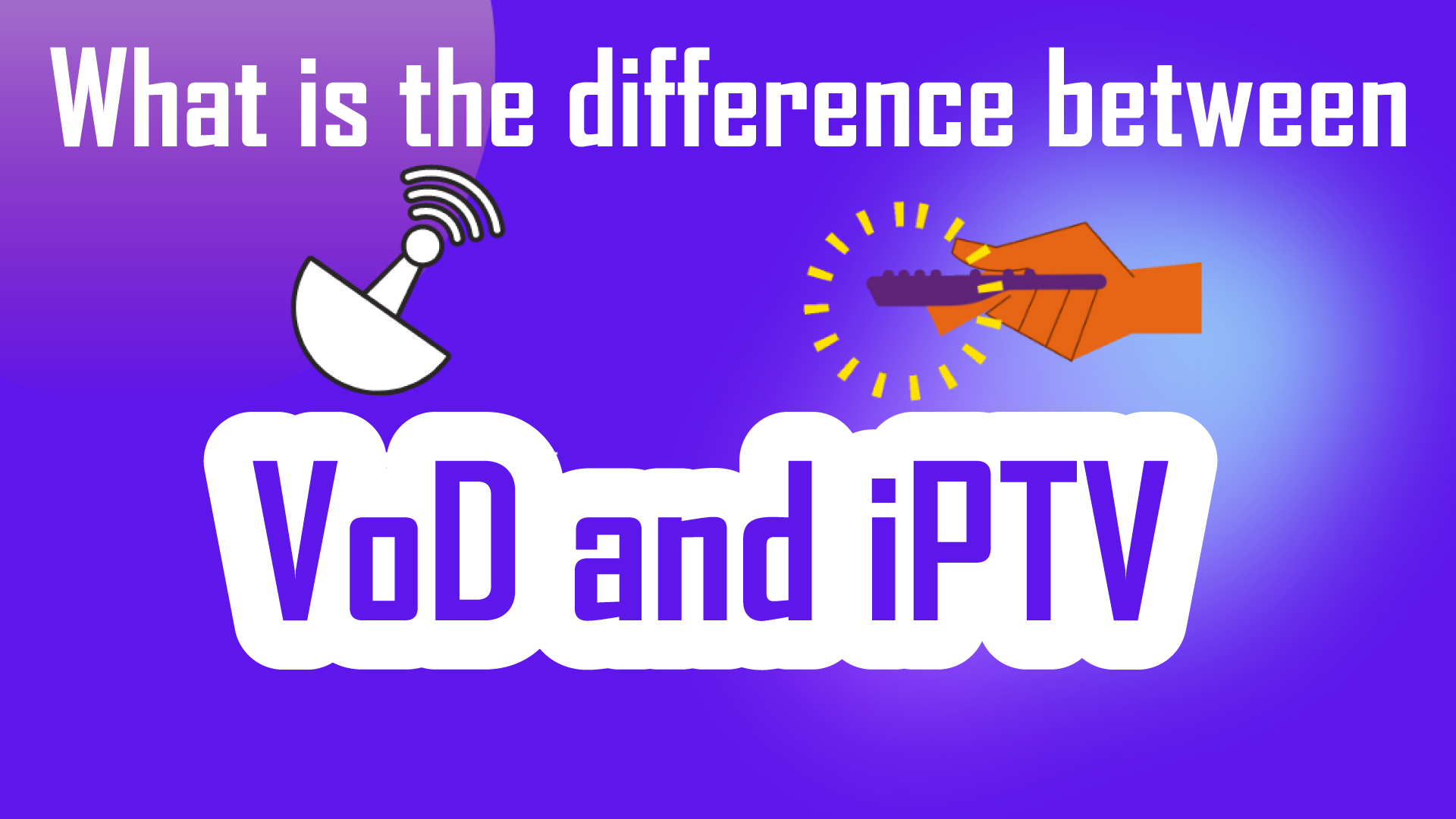What is IPTV?
The question is what is IPTV? The answer is IPTV is the short form of Internet Protocol Television where TV over IP is called IPTV.
(Live content over IP)
IPTV always provides traditional TV services like live channels to your home through the ISP (Internet Service Provider) Network.
Just for your understanding purposes, it can be said that It can be understood by assuming that a traditional TV is with ISP and you are getting the feed of this TV over your internet connection whenever you want.
Pros:
- Quality: The video is top-notch and has almost zero buffering because it runs on a privately managed network.
- Programming: Updated shows on the release date or available on-demand section.
- Installation: No need to fix stuff, only needs a set-top box and fast internet access.
Cons:
- Price: Cable TV is still cheaper than IPTV.
- Quality: Internet services can down the quality, especially in peak hours.
I’ve used the above assumption to make you understand the basic idea of IPTV. So be sure that in reality, the whole process is different. For providing IPTV services, the operator receives the linear or live content (The Channels) from content providers (For example HBO, Discovery, National Geographic, etc.) through various methods. Maybe the methods are satellite downlinking, teleport, or over IP. Then process the content (encoding or transcoding, compression, encryption). Then multicast it within the network.

What is VoD?
VoD is the short form of Video on Demand where the video is being played over IP.
(Offline or Stored content over IP)
VoD provides stored content over IP for example movies, series, music etc.
Just for your understanding purposes, it can be said that It can be understood by assuming that your desired CD or DVD players are with ISP and you are getting the feed of this CD or DVD on your internet connection whenever you would like it because the whole list of flicks is available to observe anytime.
Previously like IPTV, I’ve used the above assumption to make you understand the basic idea of VoD.
Pros:
- Convenience: VOD is provided by popular vendors like Amazon Prime and Netflix which have a vast catalog of videos to choose from to watch on demand, as many times as you wish.
- Connectivity: Needs only a PC or TV connected to the internet.
- Cost: It comes with more programs than satellite or cable, at a great cost.
- Variety: You can choose from sports shows, movies, weather, news, TV series, and other movies that go back longer than time, anywhere, anytime, on any device that has a good internet connection.
- Devices: Access any file at your convenience from any device at any time, as many times as you want to.
Cons:
- Bandwidth Use: Streaming will require higher bandwidth.
- Desired content might not be accessible in your location: Some content may not be available in your region, country, or area of residence.
- Desired content may not be available on your on-demand platform: The service provider controls what is available and may filter out some videos based on what the majority of customers view.
So, you can say that in actuality the whole process is different. For providing VoD services, the operator receives Video content like Movies, Series, Music etc. from content providers. It can be from Warne Bros. Through various channels such as satellite downlinking, teleport, or over IP, process it encoding or transcoding, compression, and encryption. Then stores and after that stream it within the network on your demand.
In Addition:
- Type of content – IPTV is always live content (eg: live football match) but VoD is stored content (any movie for example Titanic).
- Backend for providing these services – The setup varies as the type of content and the actual mode of delivery is different.
- Mode of delivery – IPTV is always multicasting (one-to-many) and VoD is unicasting (one-to-one).
- Bandwidth Utilization – IPTV is utilizing the bandwidth in a better way but the purpose of both these services is different.
- User Experience – IPTV is real-time content, and it means to mention that it’s life. You can’t move forward with it (I’m using only forward as there are various features available to pause any channel, rewind it, or catch up) but in the case of VoD, you have all the access to use PVR functions.
Hope your confusion is finished about the differences between IPTV and VoD. For more differences like this visit IPTVSetupGuide.Com

Can you be more specific about the content of your article? After reading it, I still have some doubts. Hope you can help me.
Thanks for sharing. I read many of your blog posts, cool, your blog is very good.